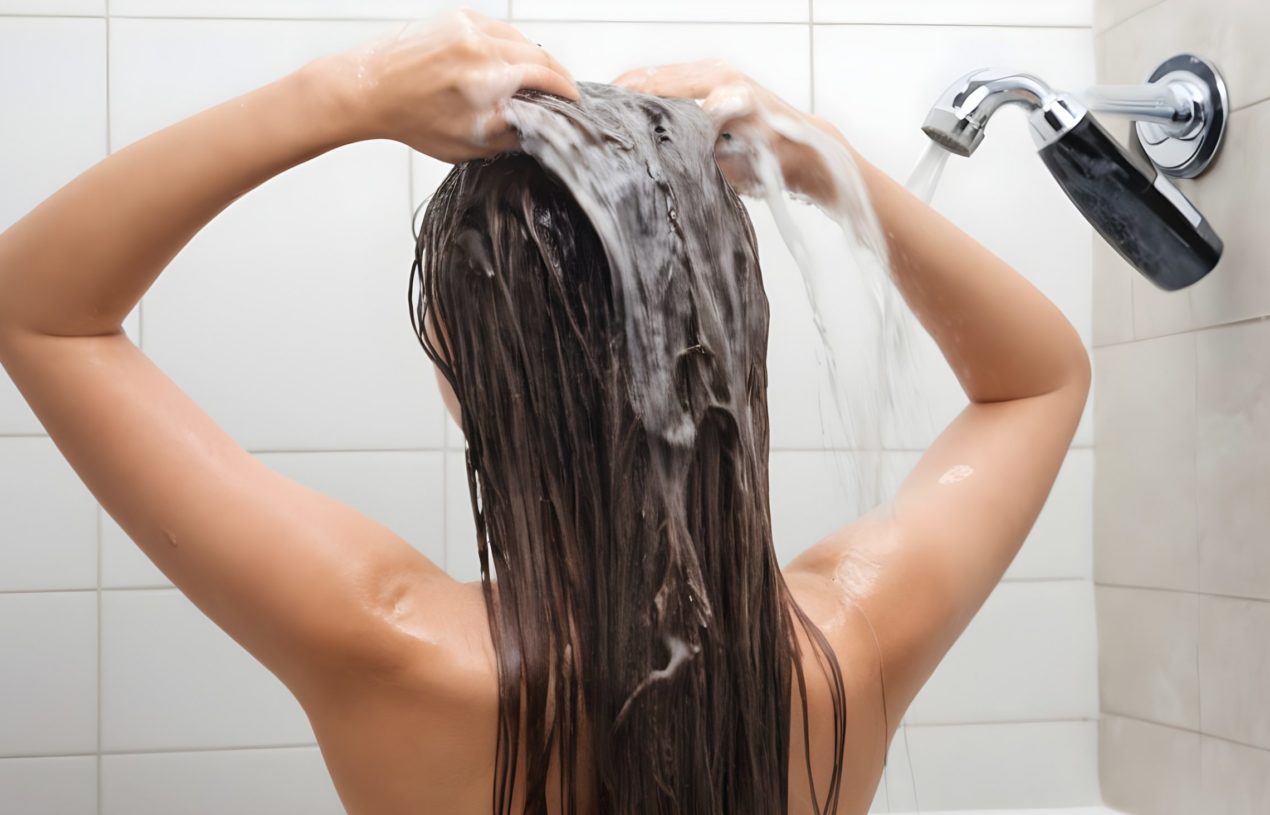Certainly! Here’s a list of 10 supplements that are commonly associated with promoting hair growth. Remember to consult with a healthcare professional before adding any new supplements to your routine, as individual needs and health conditions vary. These are just suggestions and shouldn’t be taken as medical advice.
- Biotin (Vitamin B7):
- Benefits: Biotin is known for its role in promoting healthy hair, skin, and nails. It supports the keratin infrastructure of hair, contributing to hair strength and growth.
- Source: “A Double-blind, Placebo-controlled Study Evaluating the Efficacy of an Oral Supplement in Women with Self-perceived Thinning Hair” – Journal of Clinical and Aesthetic Dermatology (https://www.ncbi.nlm.nih.gov/pmc/articles/PMC3509882/)
- Collagen:
- Benefits: Collagen is a structural protein that supports hair strength and elasticity. It may also help improve hair thickness and reduce breakage.
- Source: “Oral supplementation with specific bioactive collagen peptides improves nail growth and reduces symptoms of brittle nails” – Journal of Cosmetic Dermatology (https://pubmed.ncbi.nlm.nih.gov/26362110/)
- Iron:
- Benefits: Iron deficiency is associated with hair loss. Ensuring adequate iron levels supports the transport of oxygen to hair follicles, promoting healthy growth.
- Source: “A randomized, double-blind, placebo-controlled trial of oral iron for moderate premenopausal hair loss” – Dermatology Research and Practice (https://www.ncbi.nlm.nih.gov/pmc/articles/PMC3678013/)
- Zinc:
- Benefits: Zinc is essential for maintaining a healthy scalp and may aid in preventing hair loss.
- Source: “Zinc Status and Its Association with the Health of Adolescents: A Review of Studies in Iran” – Biological Trace Element Research (https://link.springer.com/article/10.1007/s12011-018-1495-3)
- Vitamin D:
- Benefits: Vitamin D plays a role in hair follicle cycling. Low levels have been linked to hair loss.
- Source: “Role of vitamin D in the pathogenesis and treatment of alopecia” – American Journal of Clinical Dermatology (https://pubmed.ncbi.nlm.nih.gov/23886319/)
- Omega-3 Fatty Acids:
- Benefits: Omega-3s contribute to scalp health and may help prevent hair loss by reducing inflammation.
- Source: “Diet and hair loss: effects of nutrient deficiency and supplement use” – Dermatology Practical & Conceptual (https://www.ncbi.nlm.nih.gov/pmc/articles/PMC5315033/)
- Vitamin E:
- Benefits: Vitamin E is an antioxidant that supports hair growth by reducing oxidative stress on the scalp.
- Source: “Vitamin E and Hair Loss: A Review” – Dermatology Practical & Conceptual (https://www.ncbi.nlm.nih.gov/pmc/articles/PMC3819075/)
- Niacin (Vitamin B3):
- Benefits: Niacin improves blood circulation, including to the scalp, which may contribute to hair growth.
- Source: “Niacin in dermatology: a review” – Journal of Cosmetic Dermatology (https://pubmed.ncbi.nlm.nih.gov/17147561/)
- Vitamin A:
- Benefits: Vitamin A is crucial for the production of sebum, which helps keep the scalp moisturized.
- Source: “Role of vitamins in skin care: A review” – Dermatology Practical & Conceptual (https://www.ncbi.nlm.nih.gov/pmc/articles/PMC6380979/)
- MSM (Methylsulfonylmethane):
- Benefits: MSM is a sulfur compound that may contribute to hair growth by improving hair thickness and reducing hair loss.
- Source: “The effect of methylsulfonylmethane on hair health and quality of life” – Natural Medicine Journal (https://www.naturalmedicinejournal.com/journal/2015-03/effect-methylsulfonylmethane-hair-health-and-quality-life)
